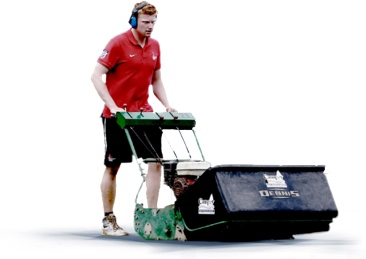Sorry. Something's wrong with the pitch.
(We call this a 404 error)
Sorry, we can't find that page! It might be an old link or maybe the web address has been entered incorrectly. Please use the search above or try one of the links at the top of the page. Alternatively go back to the home page?


